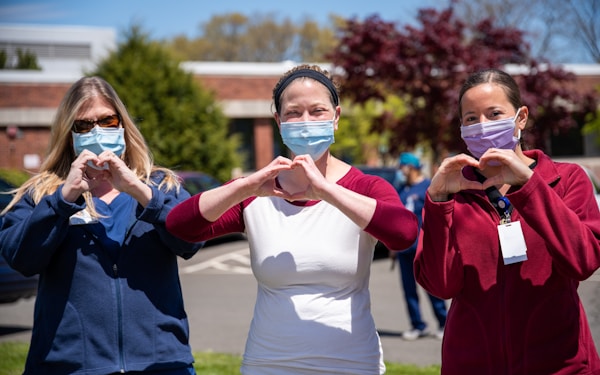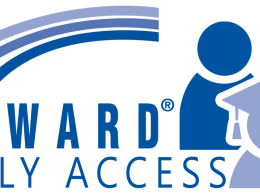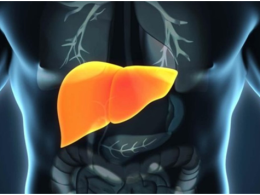The field of public health is a dynamic and challenging area, dedicated to improving population health through a focus on prevention and education. Public health professionals work to address the root causes of health disparities and advocate for policies that promote health equity. In this article, we will discuss some critical components of becoming a successful public health professional: obtaining an education, developing experience, building a network, and refining important skill sets. Keep reading to learn more about how to begin a rewarding and impactful career in public health.
Acquiring the Essential Education

The first step to becoming a public health professional is obtaining the required education. Many careers in public health require at least a bachelor’s degree, with some positions demanding advanced degrees such as a master’s or doctorate. Pursuing a bachelor of science in public health provides students with an interdisciplinary foundation in the biological, social, and environmental aspects of human health. This degree equips graduates with critical thinking, data analysis, and communication skills, directly applicable to various career paths within public health.
For individuals interested in pursuing advanced degrees, opportunities abound. Master’s programs in public health (MPH) offer specialized concentrations in areas such as epidemiology, health policy, and global health. In addition, doctoral programs (Ph.D. or DrPH) provide research-focused training for those looking to advance their scientific understanding of public health issues or assume leadership roles in the field. The advantage of advanced degrees is that they demonstrate expertise and commitment, often translating into increased job opportunities and earning potential.
It is worth noting that dual degree programs are increasingly popular among students who are passionate about interdisciplinary work. Combining public health degrees with degrees in related fields, such as law, business, social work, and medicine, can foster unique perspectives and skills that are needed for addressing the complex challenges facing public health today. Choosing the right educational path will depend on individual career goals, existing educational background, and financial considerations.
Refining Key Public Health Skillsets

To excel in the field of public health, professionals must continue honing their skills throughout their careers. Proficiency in data analysis, research methodologies, and communication is vital in many public health roles. Continuous professional development can help individuals stay on top of industry advancements and evolving best practices. Some key skill sets to focus on include technical prowess in data management and statistical software, the ability to convey complex health information accurately and concisely to various audiences, and strong interpersonal and collaboration skills to foster teamwork in diverse settings.
Beyond these technical abilities, cultivating the personal qualities necessary for success in public health is also crucial. Emotional intelligence, adaptability, creativity, empathy, and perseverance can enable professionals to excel in their work and contribute positively to organizational success. Recognizing the importance of self-growth and actively seeking feedback from mentors or colleagues can foster continuous improvement.
Enrolling in continuing education courses or seeking professional certifications can also demonstrate a commitment to staying current in the field. For those considering further education, consulting a private college counselor near me can provide guidance on navigating the educational landscape and identifying suitable opportunities. Online resources such as webinars, podcasts, and blogs can provide accessible and cost-effective ways to expand one’s knowledge and skills.
Networking and Building Professional Relationships

Developing a strong professional network will advance one’s career in public health. Networking can lead to job opportunities, mentorship relationships, research collaborations, and professional development. Students should actively participate in professional associations and organizations, such as the American Public Health Association or the National Association of County and City Health Officials, to build connections and stay informed about industry trends. Attending conferences, workshops, and seminars can also provide opportunities for networking and professional development.
In these events, students can learn from established experts, present their research or projects, and meet other professionals who share their interests. Cultivating a strong online presence is valuable for modern professionals too. Seek out and connect with relevant individuals and organizations on social media platforms like LinkedIn, and ensure a professional and informative online profile is visible. Establishing a personal brand online conveys expertise and credibility, making it easier for potential employers, collaborators, or mentors to recognize your value.
As you can see, becoming a successful public health professional requires a combination of the right education, practical experience, a strong professional network, and a dedication to refining your skills. By following these steps, individuals can establish rewarding careers that make a significant impact on the health and well-being of communities around the world. If you stick to the advice in this article, you’ll be on your way to a thriving career in public health.











